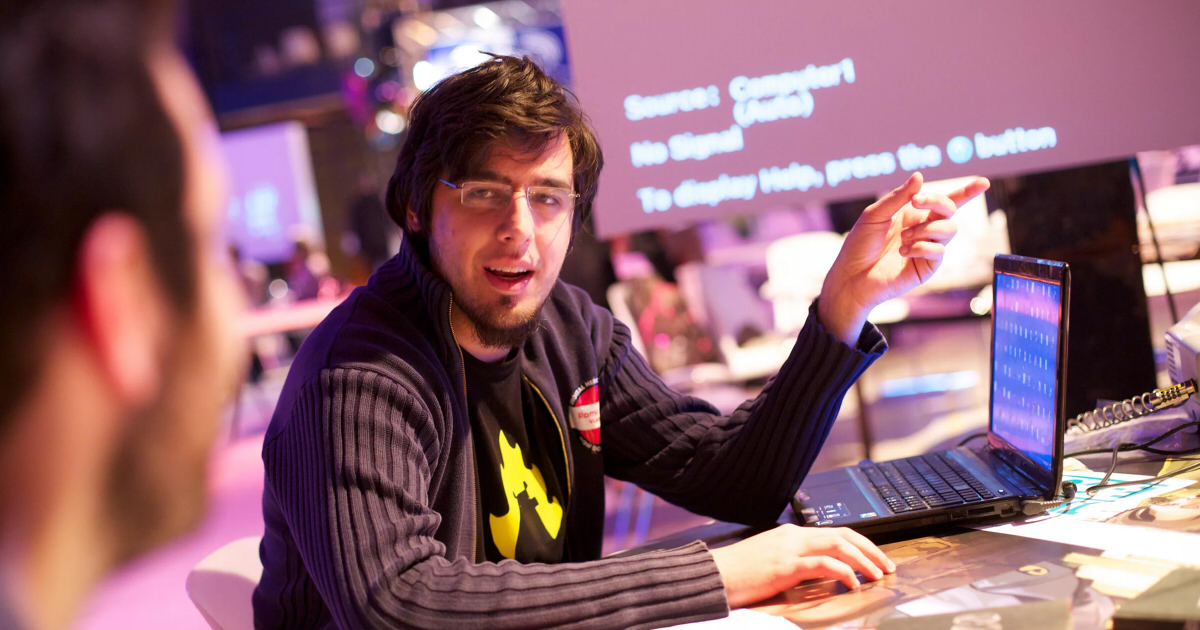As part of the GDC conference, Rami Ismail made a presentation in which he criticized indie developers, and at the same time gave them some advice on money and working with publishers.

Rami IsmailThe material is a free translation of the squeeze lecture with PocketGamer.biz .
After the closure of Vlambeer (the studio for the development of such iconic projects as Ridiculous Fishing and Nuclear Throne was closed in 2010), Rami Ismail began advising independent developers. He found that most of them have the same problem.
They don't think of themselves as a business. They are only interested in being developers.
indie developer, co-founder of Vlambeer
Ismail believes that such developers should rethink their attitude, because the primary role of a game studio is in survival, and not exclusively in game development.
Creating and selling games without going into the negative is the key goal that teams should face, Ismail assures. It is important for business after the launch of the first game to continue to launch new titles on the market.
The business is built on maximizing opportunities while minimizing risks. The minimization of novice teams should be shifted to the shoulders of the publisher. That’s just the developers should rethink their relationship with them.
Why?
When selling a game that doesn’t exist yet, developers are evaluated by reputation.
indie developer, co-founder of Vlambeer
Publishers convince developers that they are financing the development. But in fact they buy the rights to distribute the game.
indie developer, co-founder of Vlambeer
Therefore, Ismail urges to think not about the possibility of receiving funds, but about budgeting the project.
The budget of small indie games usually varies in the range of $ 70-200 thousand, the budgets of medium-sized games — in the range of $ 300 thousand – $ 3 million, and a large indie title budget flies for $ 3 million.
But whatever the budget, it is important that it is well-off. The publisher must be sure that the game will be able to return the money invested in it.
Therefore , Ismail advises:
- make a selection of games similar to yours;
- estimate their approximate revenue;
- find out which of them earned 70%, 130% and 300% of the money invested in them.
And, based on the collected data, to throw a budget.
At the same time, Ismail emphasizes that the budget of the game is a comfortable salary for himself and employees, additional expenses, including office and equipment, and 30% in reserve.

